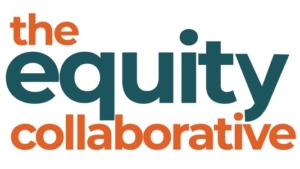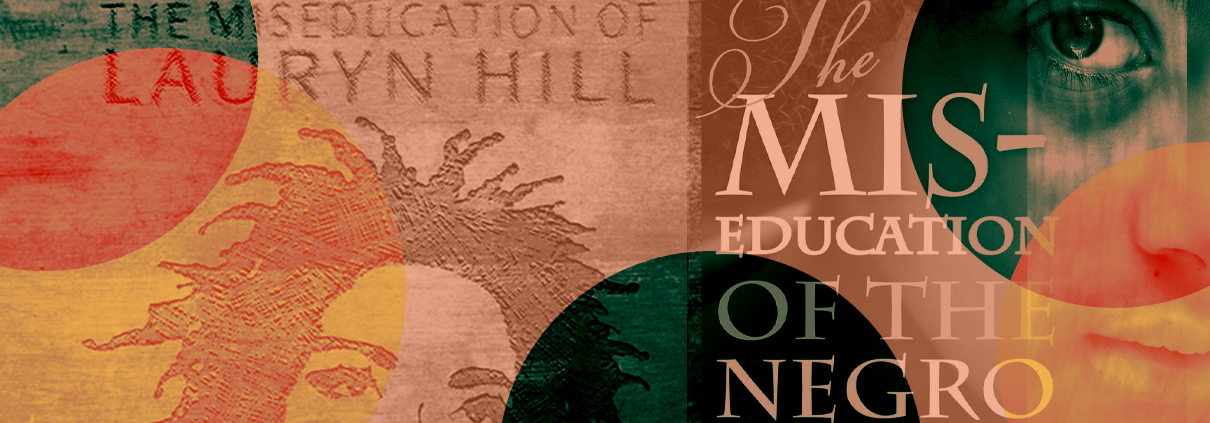The Mis-education of Black Children in America
“If I didn’t define myself FOR myself, I would be crunched into other people’s fantasies for me and eaten alive.”
— Audre Lorde
In 1998, Lauryn Hill dropped her seminal album, The Miseducation of Lauryn Hill, and it was fire. The album started with a teacher who was taking attendance in a class. When he arrived at Lauryn Hill’s name on the list, he repeatedly called her and there was no answer. We learned later that, ironically, this was the day that they talked and learned about love. The premise was, since she was absent, she missed out on all of the lessons that the other students learned about the concept of love. The album was a progression of vignettes about failures, heartbreak, and how she found love in the most unlikely of places—within herself.
Hill’s album title played off of another consequential work regarding how Black people in this country have been mis-educated. In 1933, Carter Godwin Woodson dropped The Mis-education of the Negro and it was not just fire—it was an inferno. Woodson set the world on fire because he flipped the concept of the education of Black folks on its head. He opined that the access to attend public schools and colleges (PWIs and HBCUs) was not enough. The popular opinion at the time was that Black children should attend schools that had equal access to the same content and materials that their white counterparts had access to. This process of indoctrination confined the thinking of Black children in schools to a dominant white perspective, philosophy, and worldview. Woodson knew this and also knew that Black children were receiving little to no instruction in the contributions of Black Americans in the areas of science, technology, business, and in the true history of America; he knew that schools were not building up a pride among Black American students in their race.
Woodson felt that the schools that Black children could attend failed to teach them the things that would be most beneficial for them to lead fruitful lives. Furthermore, as Black students were leaving learning institutions (Black, white, or otherwise) with a rudimentary knowledge of philosophy, science, and mathematics, they were not adequately equipped to change their condition in this country. Indeed, they were even missing the content that was necessary so that they could actually improve their lives. Similar to the premise of Hill’s album, Woodson’s critique of the pedagogical malfeasance of schools highlights how the intentional or negligent erasure of usable and relevant content is detrimental to the well-being of Black children in America. He proposed that Black children receive focused instruction in the areas that would give them the tools to improve their financial circumstances with an overall emphasis on racial uplift. Although Black people have worshipped at the altar of public schooling for many generations, that allegiance has not produced many returns to achieve Woodson’s vision.
Similar to the culture of schooling in 1933 during Woodson’s time, the same can be said about the education of Black students in the modern context. What does it profit a Black child to learn about all of the so-called canonical disciplines in school but not find parity and equity in the intersecting social, political, and economic spheres in the world outside of school? All of the recent talk about equity in the theater of public education is moving in the right direction, and it is partially what the drum majors for justice in the past were fighting for. However, we cannot let the conversation rest here. The toil and sacrifice of our ancestors must be used as currency to purchase a new kind of educational justice for Black children. The funds of self-sacrifice of our justice-minded foremothers and forefathers must be invested into school systems to bring a return of self-actualization. We should strive not only for just treatment and access to opportunity and to rigorous courses and resources for Black children; we should strive for content, curriculum, and pedagogy that satisfies Black children’s souls.
For roughly the last three-quarters of a century, Black people have imbursed their property taxes into, loaned their trust, and consigned their children over to public school systems with little net positive compounding effect. As Lauryn Hill asked rhetorically in her song “Ex-Factor”: “Tell [us] who [we] have to be, to gain some reciprocity?” Don’t you believe Black kids in public schools deserve some?



